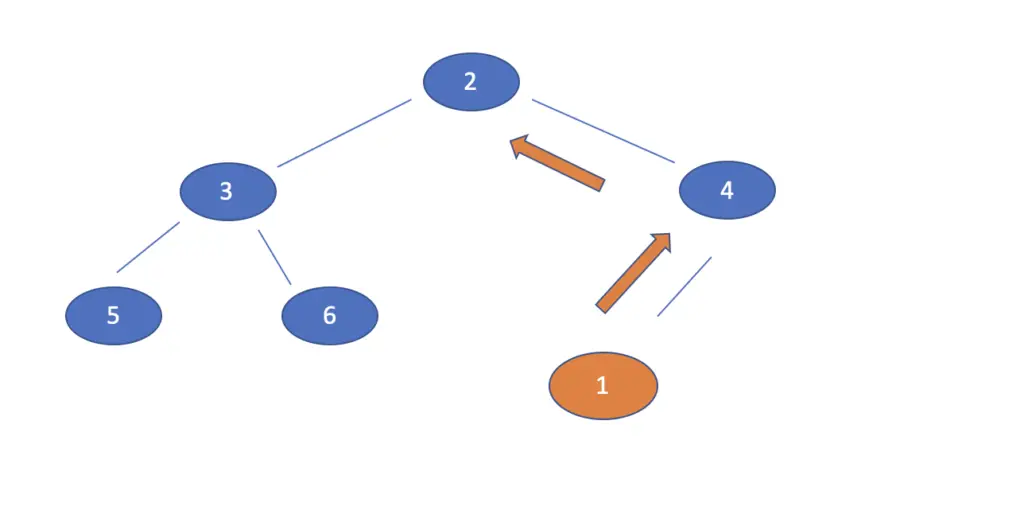
For example, if 5 and 6 were exchanged, the heap property would still be maintained. Note that the nodes at the same level do not need to come in strictly ascending order. For example, if we add 1 to a min heap with 2 at the top, one will percolate up.Īfter the reordering process has finished, the tree will look like this. Whenever you add a new node with a smaller value than the largest nodes, it will percolate up to its position in the tree while the larger values will percolate down. In a min heap, the node with the smallest value sits on top. In a max heap, the node with the largest value sits on top. A binary tree consists of a hierarchy of nodes where each parent node always has two child nodes. What is a Heap?Ī heap implements a binary tree structure.

In Python, a common way to implement a priority queue is the heapq module. To implement a priority queue you need a concrete data structure such as a binary heap.

But they do not define an implementation. Abstract data structures define the expected behavior such as that items should be ordered by priority.
PYTHON PRIORITY QUEUE UPDATE VALUE HOW TO
Therefore, we will look at the later two ways and also learn how to create our own priority queue class on the basis of a heap. The first way is really not recommended because it is inefficient and prone to errors. Use the priority queue implementation from Python’s Queue package.Use a binary heap on the basis of Python’s heapq module.

Create a list and keep it manually sorted.There are 3 main ways to implement and use a priority queue in Python: In this post we learn how to create priority queues using Python.


 0 kommentar(er)
0 kommentar(er)
